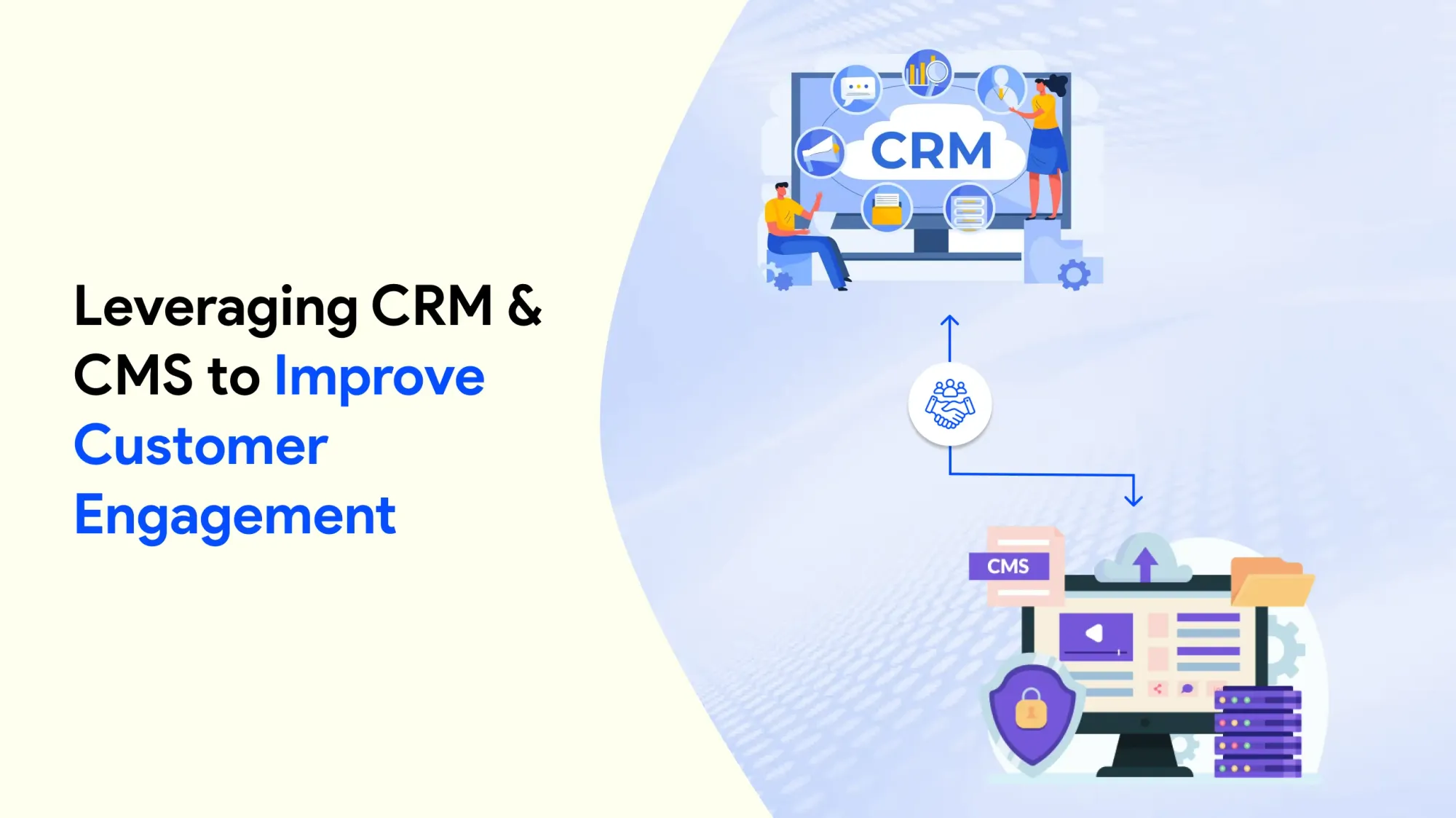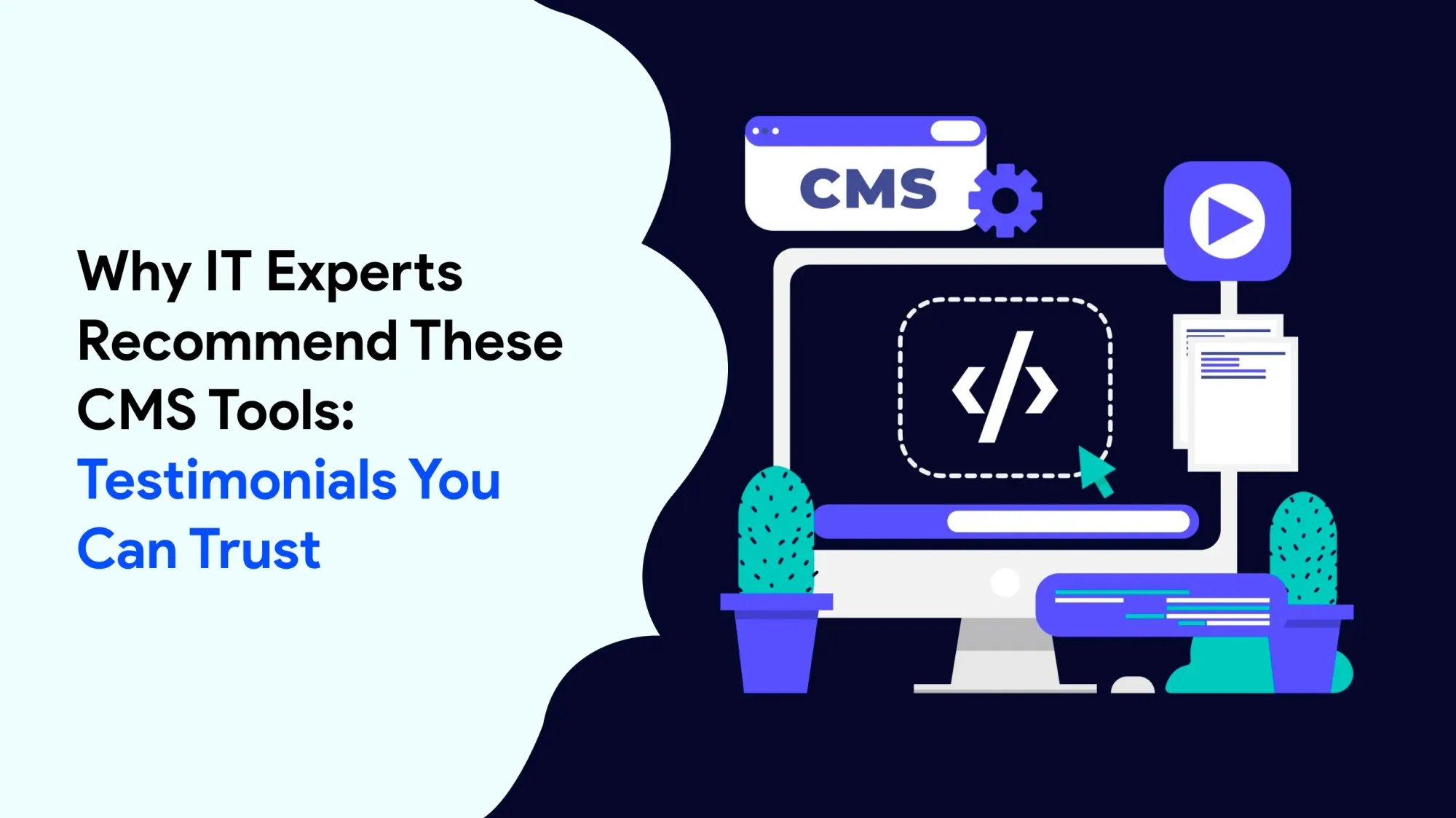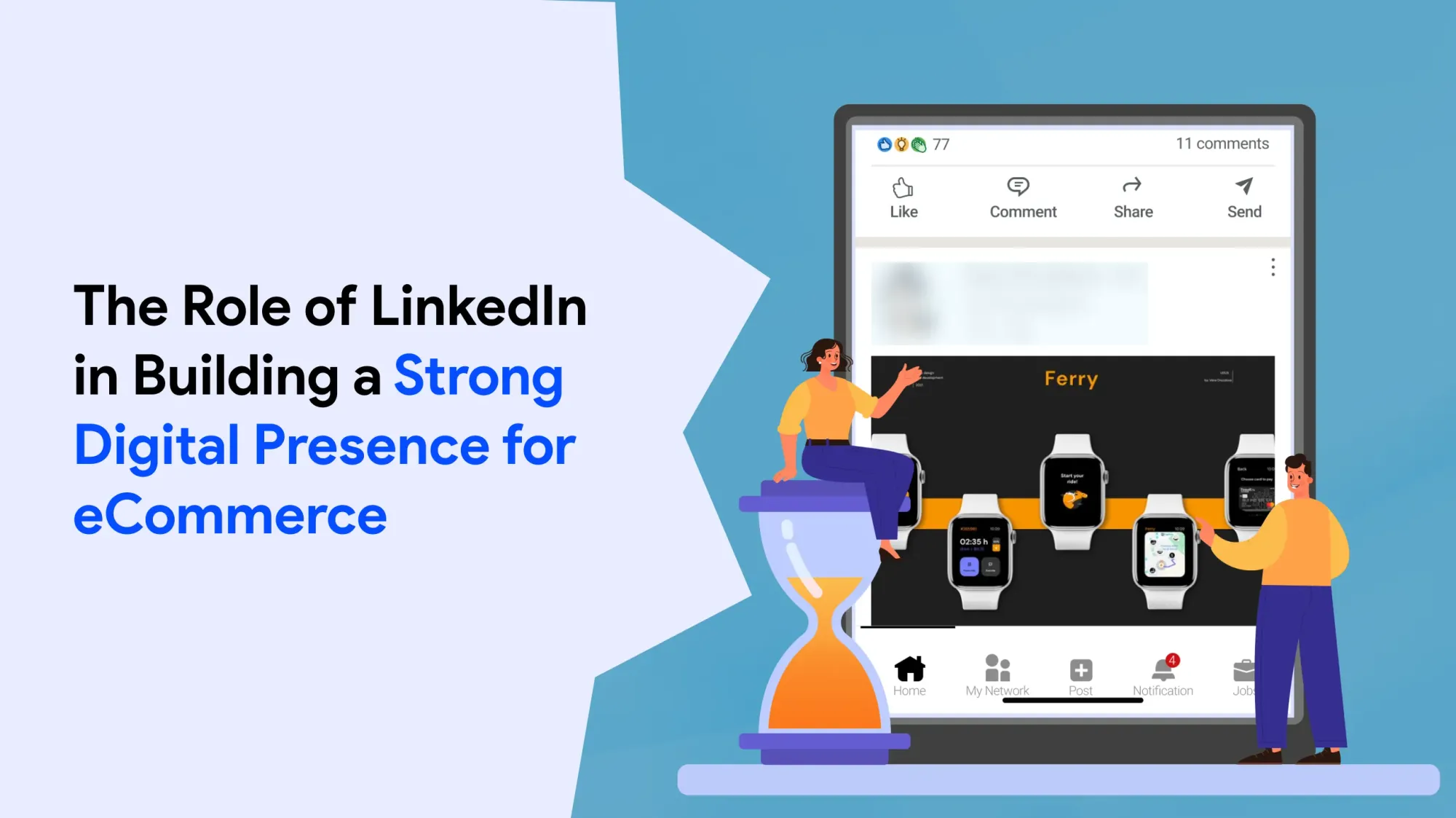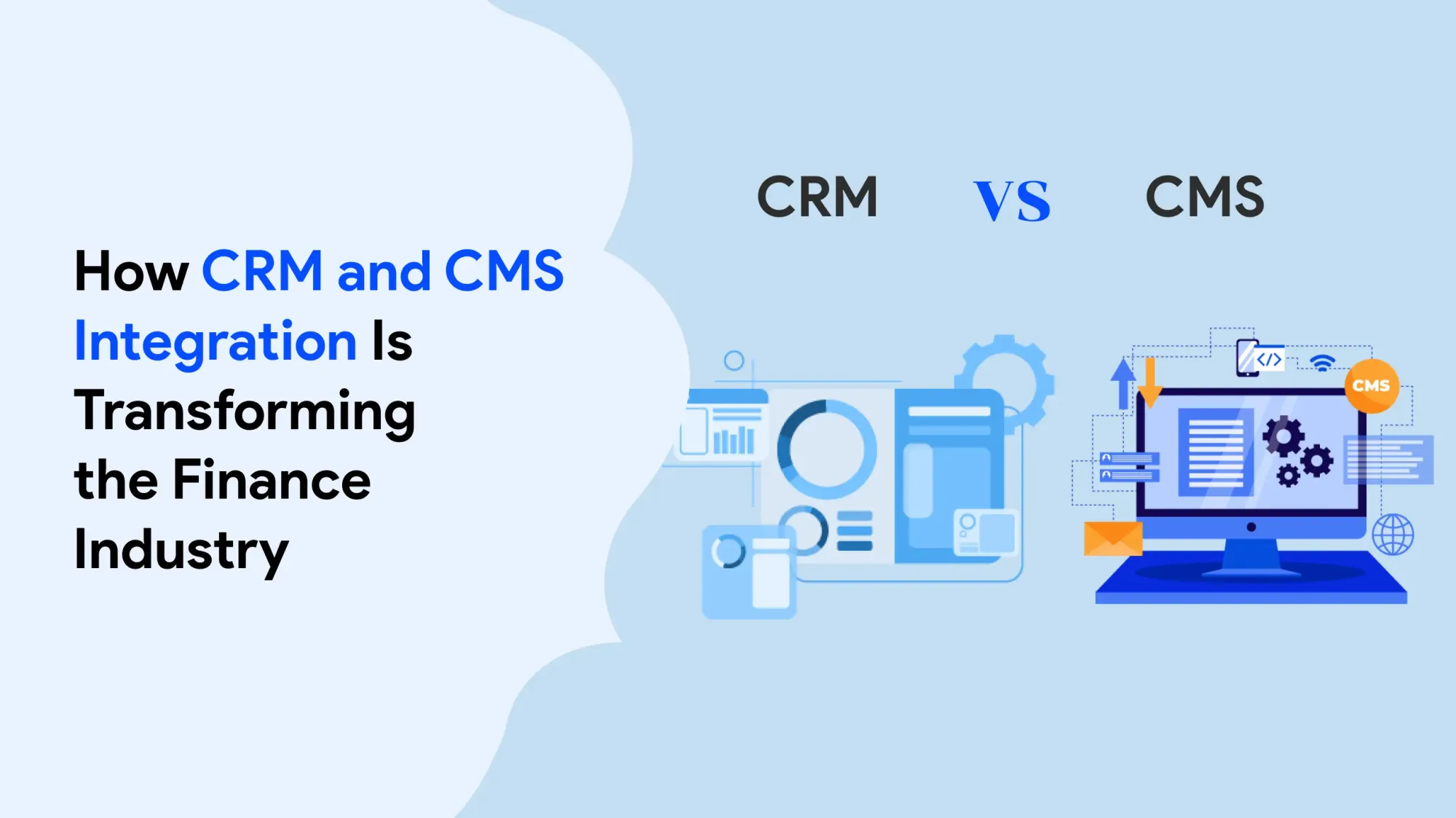Introduction to Customer Engagement
Customer engagement is essential for building strong customer relationships and driving business growth - it involves creating personalised experiences that foster loyalty and satisfaction among existing customers.
Effective customer engagement strategies can help businesses increase revenue growth, improve customer retention, and gain a competitive edge in the market. Active customer engagement can lead to a 22% increase in cross-sale revenue and a 38% increase in upsell revenue.
By leveraging CRM systems and content management systems, businesses can create targeted marketing campaigns that boost engagement and drive conversions.
Sales and marketing teams must work together to develop an engagement strategy that aligns with the company’s overall goals and objectives.
HubSpot's free CRM brings all your customer data and insights together. Integrating platforms like Storyly allows for creating dynamic and personalised content experiences, enhancing customer engagement.
Creating a customer success centre helps customers access resources and answers to their questions, ensuring they have what they need to make decisions.
Understanding Customer Experience
Customer experience includes every interaction a person has with a brand—from first hearing about it to getting help after a purchase. This covers things like marketing, sales, and customer support.
Knowing how customers experience your brand helps you build better engagement strategies. Sharing useful content that solves their problems shows that your brand is there to help, which builds trust.
Using customer journey maps helps you spot problem areas and improve the overall experience.
Asking for feedback through surveys gives you important insights into what your customers want and how they behave.
Building Strong Customer Relationships
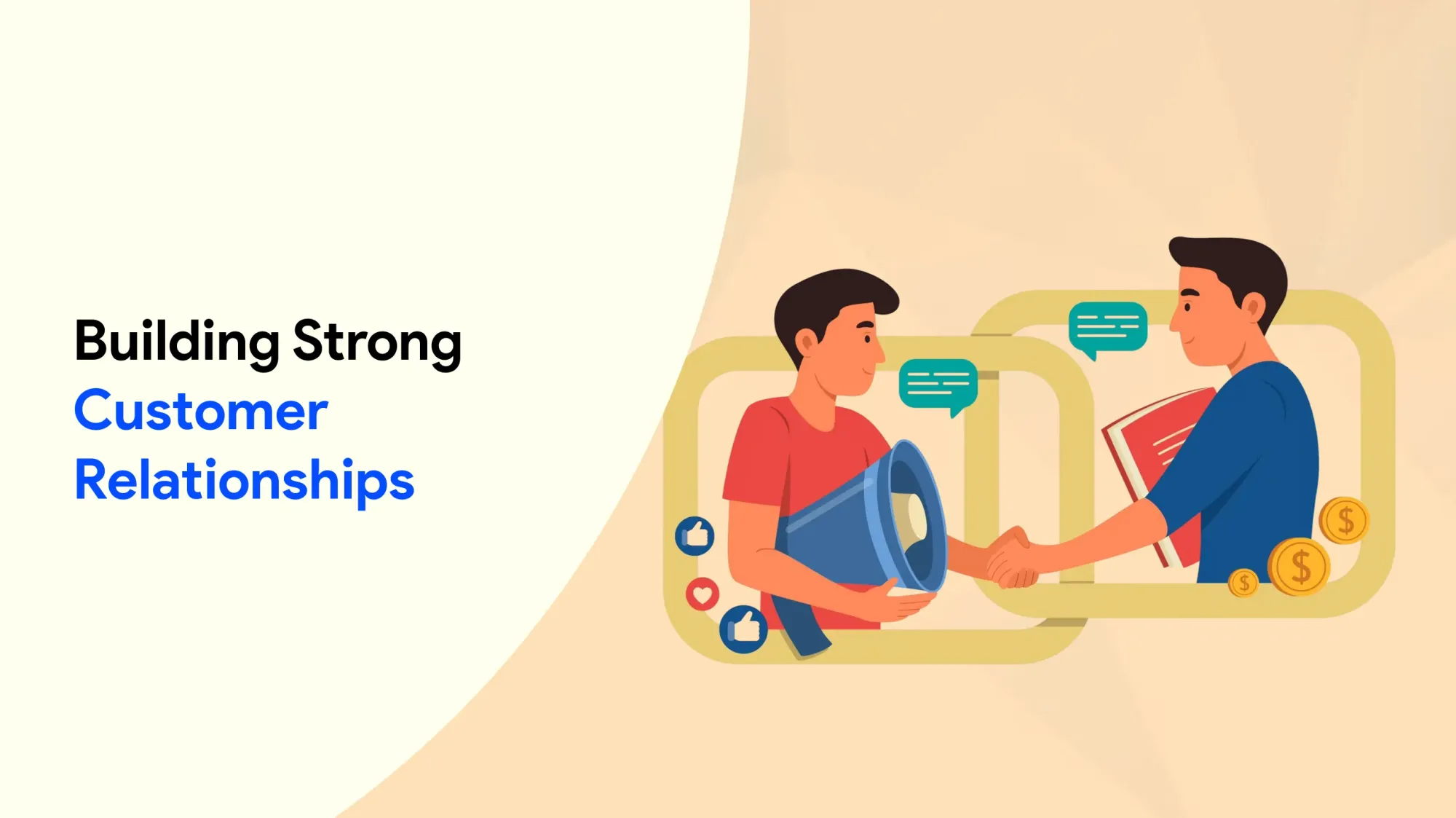
Strong customer relationships are key to long-term success and keeping customers coming back. This means creating personalised experiences that build loyalty and satisfaction.
Loyal customers often make repeat purchases, bringing steady income. Listening to customer feedback helps you meet their needs and boost retention.
Sales teams are crucial—they’re usually the main contact point and help shape the customer’s view of your business.
Offering helpful support and resources shows customers you care, builds trust, and strengthens the relationship.
Generating qualified leads is essential for sales and marketing teams to focus their efforts effectively, ensuring higher conversion rates and driving sustainable business growth.
Leveraging CRM Systems
A CRM system enables businesses to effectively manage customer data and interactions. It streamlines the sales process, strengthens relationships, and boosts conversions.
When connected with other tools, a CRM creates a smooth and personalised experience for customers. It can group prospects and customers based on how they interact with your brand.
CRM systems also offer insights into customer behaviour, helping businesses improve their engagement strategies and customer satisfaction.
Many companies use CRMs to organise data, track feedback, and run targeted marketing campaigns that increase engagement and drive results.
Customer Retention
Keeping existing customers is key to long-term business success. Using CRM data and personalised strategies, businesses can keep customers happy, solve issues quickly, and improve communication.
Loyal customers mean lower churn, more sales, and a stronger competitive edge—leading to steady revenue growth.
CRM and CMS tools also help boost engagement beyond emails or calls. Adding personalised content to your website improves user experience, increases traffic, and builds stronger connections across different channels.
Leveraging CRM and CMS effectively provides businesses with a competitive advantage by streamlining marketing efforts, improving customer engagement, and driving sustained revenue growth.
Sales and Marketing Alignment
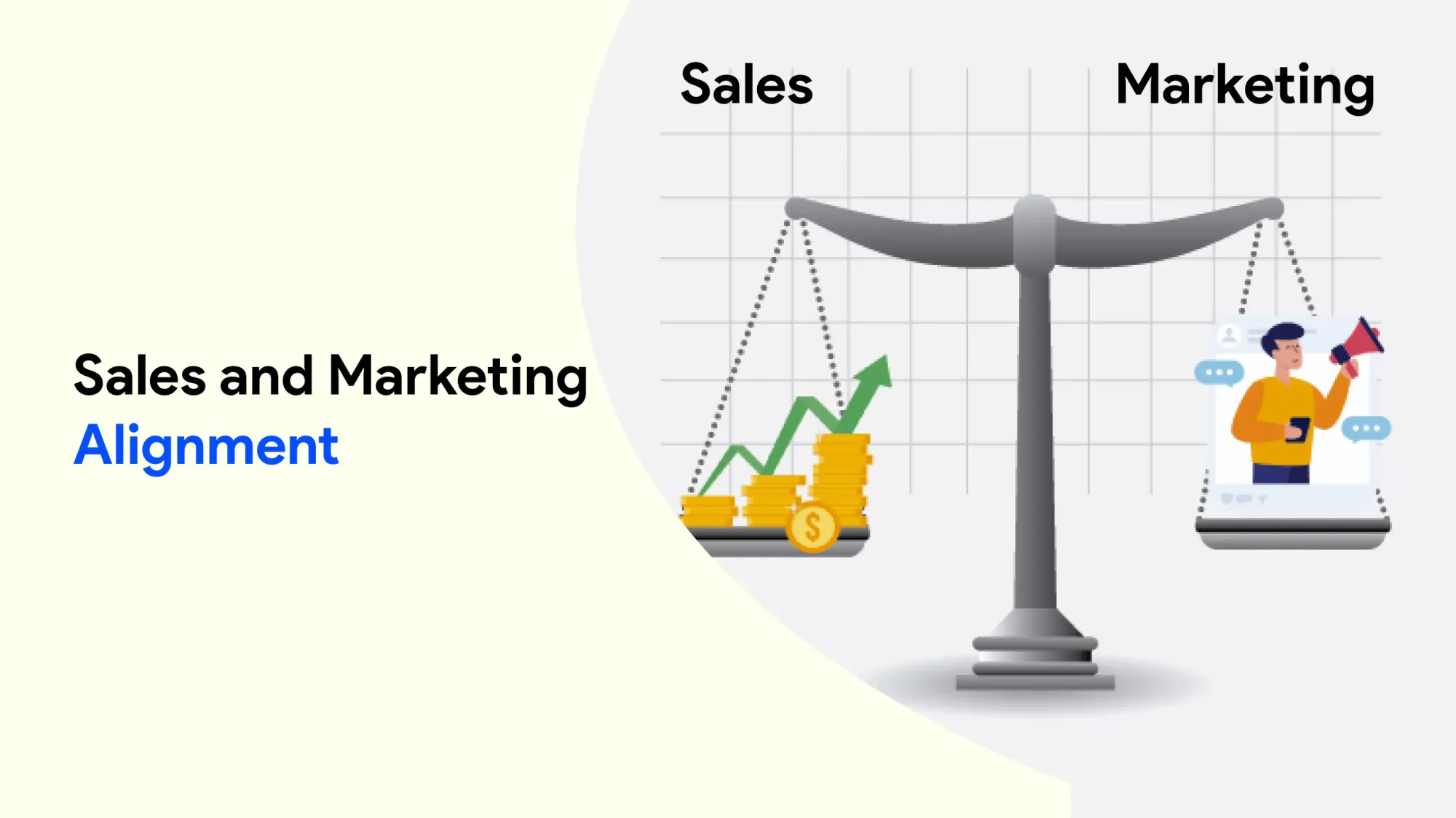
Sales teams offer key insights that help marketing better understand customer needs. When both teams agree on lead scoring rules, it becomes easier to pass leads smoothly from marketing to sales.
Keeping customer data current in your CRM is crucial. It helps you stay responsive to changing needs and deliver personalised experiences that build loyalty.
Using CRM and CMS tools together lets you personalise your website content, which amplifies customer engagement and keeps customers satisfied.
Effective sales calls are crucial for building trust, understanding purchasing behaviour, and final deals that drive business growth and increase conversion rates.
Large enterprises often face complex challenges in managing customer engagement, but leveraging CRM and CMS tools enables them to streamline marketing efforts, personalise customer experiences, and drive significant income growth.
Existing Customers
Paying attention to current customers is key to long-term business development. Using CRM data helps personalise communication, solve problems quickly, and share helpful content. This keeps customers happy, increases loyalty, and encourages repeat business—leading to more revenue and stronger relationships.
Big companies often use advanced CRM and CMS tools to improve customer engagement, simplify marketing, and support growth.
To continuously improve customer engagement, businesses should actively solicit feedback from their users, ensuring they stay up to date with customer needs and preferences.
Customer Data
Customer data is key to building strong engagement strategies. With a contact management system, businesses can track buying habits, preferences, and interactions. This helps deliver personalised messages, run targeted campaigns, and improve customer experiences, boosting loyalty and conversions.
Hosting virtual events is another great way to engage customers, share valuable content, and build stronger relationships.
Conducting regular customer surveys provides valuable insights into customer needs and preferences, helping businesses tailor their engagement strategies effectively.
Engaging with other customers through testimonials and reviews helps build trust and credibility, encouraging new buyers to choose your brand confidently.
Engagement Strategy
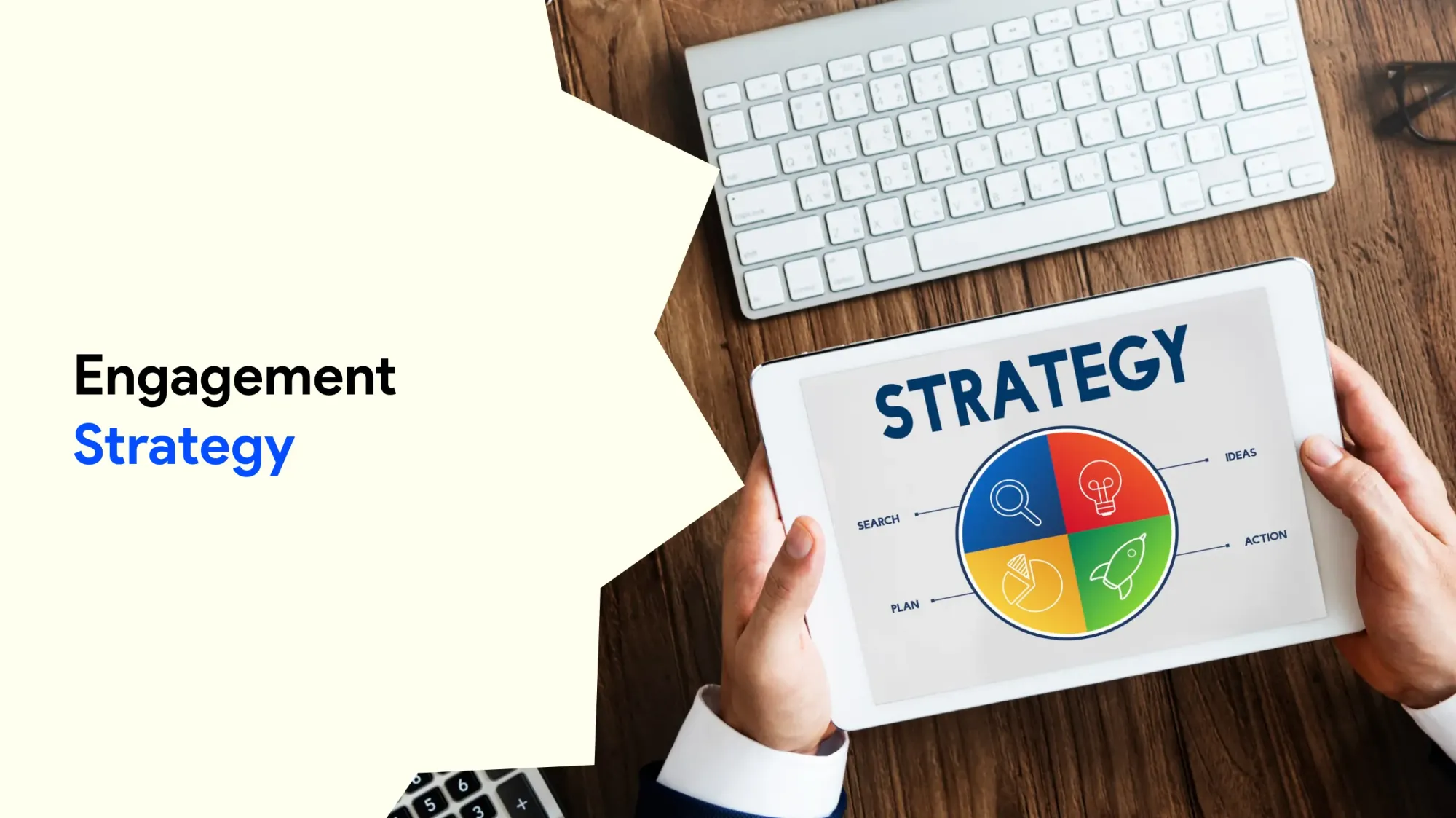
Using CRM and CMS tools helps businesses create personalised experiences and smooth communication. By analysing customer data and feedback, they can run better marketing campaigns, improve satisfaction, and boost conversions. Teamwork between sales and marketing is essential for success.
When customers see value in a brand, they’re more likely to trust it and make purchases. Adding gamification makes interactions fun and keeps customers engaged.
Many businesses leverage CRM and CMS tools to improve customer engagement, streamline marketing efforts, and build stronger, lasting customer relationships.
Create Content
Creating tailored, high-quality content helps businesses connect better with customers. By using data from CRM and CMS tools, companies can send the right messages at the right time, increasing engagement and conversions.
To grow, businesses must also attract new customers. Personalising marketing strategy through CRM and CMS helps reach prospects, build trust, and turn them into loyal buyers.
Building strong relationships with satisfied customers is crucial for business development. Satisfied customers are more likely to provide feedback, refer others, and increase sales.
Increase Conversions
To increase conversions, businesses can use CRM and CMS tools to deliver personalised content, improve marketing, and engage customers more effectively. Data-driven insights help turn prospects into paying customers and boost revenue.
At the same time, attracting new customers is vital for growth. CRM and CMS tools allow companies to create personalised campaigns that connect with new audiences and turn them into loyal, long-term customers.
Providing helpful resources to customers not only enhances their experience but also builds trust and encourages long-term loyalty and engagement.
Close Deals

Closing deals quickly helps businesses grow. CRM and CMS tools let sales teams track leads, send personalised messages, and manage the sales process more efficiently. When sales and marketing work together, it leads to more conversions and stronger customer relationships.
Customer reviews and testimonials also help. They build trust and make new customers more confident in choosing your brand.
By leveraging CRM and CMS tools, businesses gain valuable insights into customer behaviour, enabling them to tailor marketing strategies and improve engagement effectively.
Addressing customer issues promptly through a contact management system helps improve satisfaction, build trust, and strengthen long-term relations with customers for sustained business development.
Full Potential
CRM and CMS tools empower businesses to work more efficiently by simplifying customer interactions, automating routine tasks, and delivering personalised experiences. They enhance collaboration between sales and marketing teams, helping build stronger relations with customers and supporting long-term growth.
Encouraging customer feedback is equally essential. By actively listening to customers, businesses can refine their products and services, leading to higher satisfaction and loyalty.
By automating repetitive tasks through CRM and CMS integration, businesses can streamline workflows, allowing sales and marketing teams to focus on building meaningful relationships with customers and driving more deals.
Customer Retention Techniques
User feedback is essential for understanding brand perception and improving customer retention. Conducting training sessions that guide users on best practices can enhance satisfaction and minimise churn.
Offering free, valuable content helps build engagement and customer loyalty. Automated email campaigns are effective for reactivating inactive users and maintaining consistent retention.
By closely tracking customer engagement data, businesses can identify at-risk customers early and take proactive steps to address their concerns, fostering stronger, long-term relationships.
Customer journey mapping is a vital tool that helps businesses visualise and optimise every interaction customers have with their brand, enhancing engagement and satisfaction.
Read More:
How CRM and CMS Integration Is Transforming the Finance Industry
How to Build a Vue Front End for a Headless CMS
Wix vs HubSpot CMS: Which One Is the Best for You? A Clear Comparison

